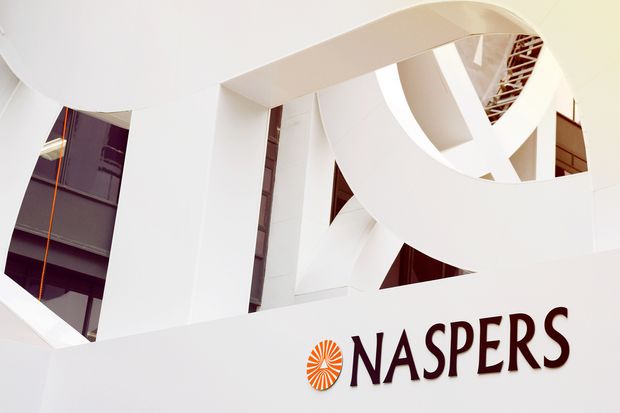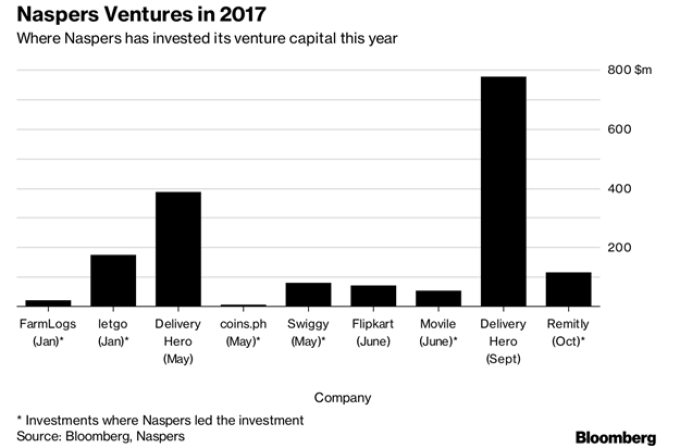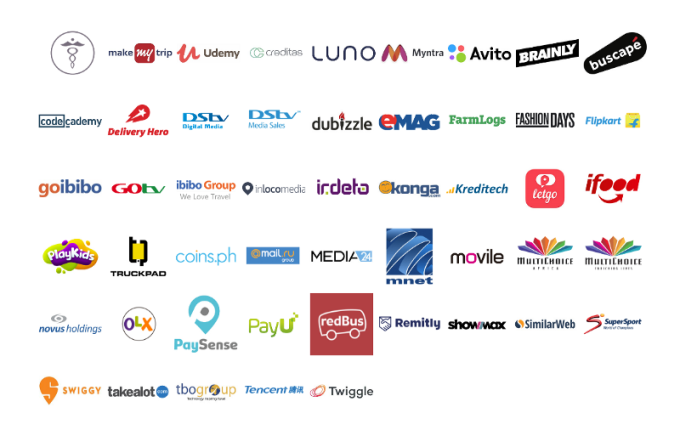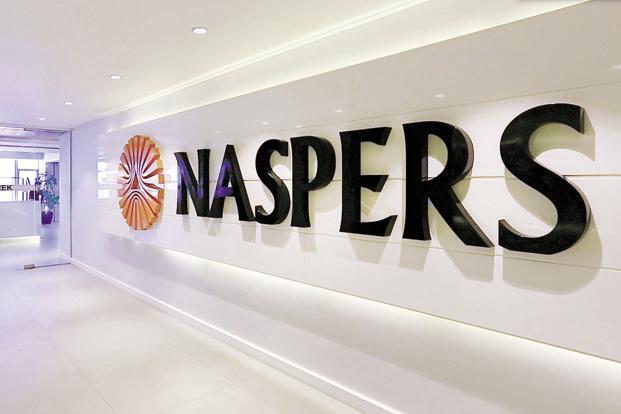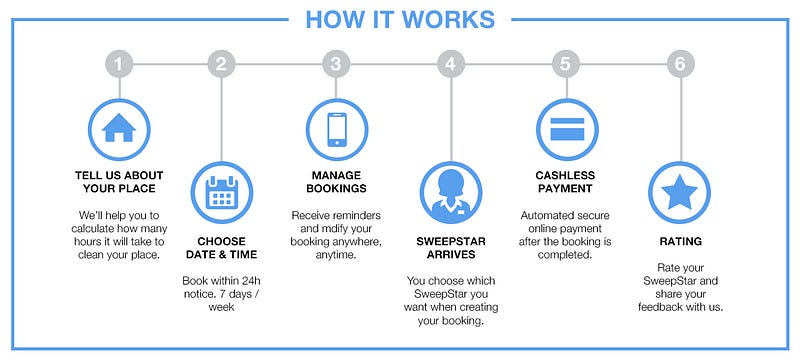Naspers Denies Rumours of Selling Stake in Tencent
Naspers has rubbished a report that it is in talks with a Chinese investment company to sell all its remaining shares in Tencent. Naspers has rubbished an Asian media report that it is in talks with a Chinese state-owned investment company to sell all its remaining shares in Tencent Holdings.
The JSE-listed company, which holds its investment in Tencent through Amsterdam-listed subsidiary Prosus, said in a statement to shareholders that the report, by a publication called Asian tech Press, is “speculative and untrue”.

“The group continues with its open-ended share repurchase programme announced in June this year, which is funded by the sale of small numbers of ordinary shares in Tencent held by the group regularly and in an orderly manner,” Naspers said.
Read also UBA Expands Business Diversification as Hedge Against Financial Risks
The Naspers and Prosus boards reiterate their continued confidence in Tencent’s long-term prospects.
“The Naspers and Prosus boards reiterate their continued confidence in Tencent’s long-term prospects and continue to believe that the share repurchase programme is in the best interests of Prosus and Naspers and their respective shareholders.”
Naspers shares were trading up almost 10% in Johannesburg on Tuesday, driven higher by a 10.7% rally in Tencent’s share price in Hong Kong.
Tech stocks led a rebound in Chinese stocks on Tuesday as dip buyers emerged following a rout that pushed key gauges to multi-year lows.
The Hang Seng Tech Index jumped as much as 6.2% on Tuesday before trimming some of its advance, with Internet giants Meituan and Tencent the biggest contributors to gains. A broader gauge of Chinese firms traded in Hong Kong rose as much as 4.3%, bouncing back from its lowest close since late 2005.
Read also AfDB to Establish African Pharmaceutical Technology Foundation
The advance comes after a heavy bout of selling following the Communist Party congress, where President Xi Jinping solidified his grip on power. Chinese stocks have been among the worst performers globally this year as investors face a wall of concerns from geopolitical tensions to slowing economic growth amid Covid restrictions.
“Obviously there are some bottom-fishing activities today after heavy selloffs,” said Banny Lam, head of research at CEB International Investment, adding that some investors are looking to add positions given the new month. “The markets might be volatile in the coming days, however, as investors are waiting for Fed comments.”
Even with Tuesday’s rebound, few expect the rally to be sustainable. China’s economic growth remains a concern, with both manufacturing and services activity contracting in October. A property market crisis is deepening, with the nation’s new home sales falling another 28%. A recent nationwide surge in Covid infections is also adding to worries.
Read also MEST Africa Challenge announces the top 5 finalists going into final stage of the competition
Traders remain cautious ahead of the Federal Reserve’s rate decision later this week. While policy makers are widely expected to raise interest rates by 75 basis points for the fourth straight time on Wednesday, where they go from there remains up for debate.
“Such strong rises across the board especially with Chinese tech looks more like short covering,” said Ken Wong, Asian equity portfolio specialist at Eastspring Investments Hong Kong Ltd. He added that it is “a bit early to have sentiment changing”.
Kelechi Deca

Kelechi Deca has over two decades of media experience, he has traveled to over 77 countries reporting on multilateral development institutions, international business, trade, travels, culture, and diplomacy. He is also a petrol head with in-depth knowledge of automobiles and the auto industry

